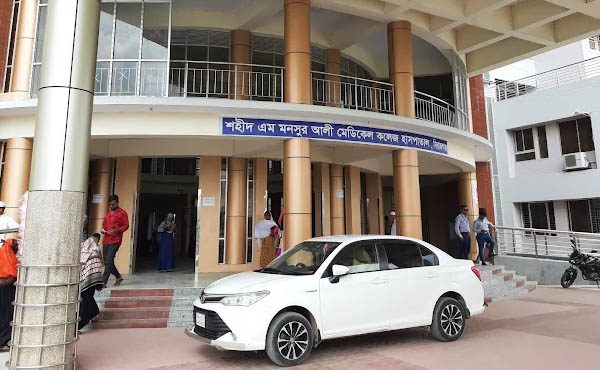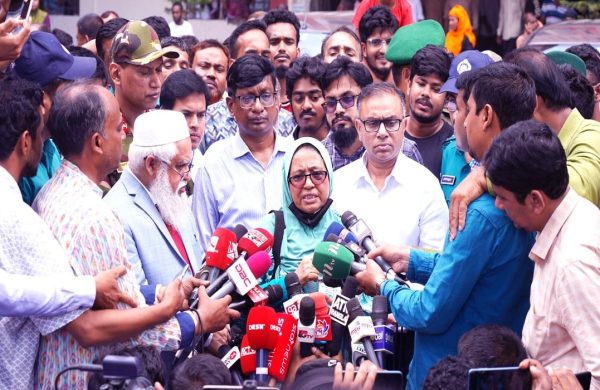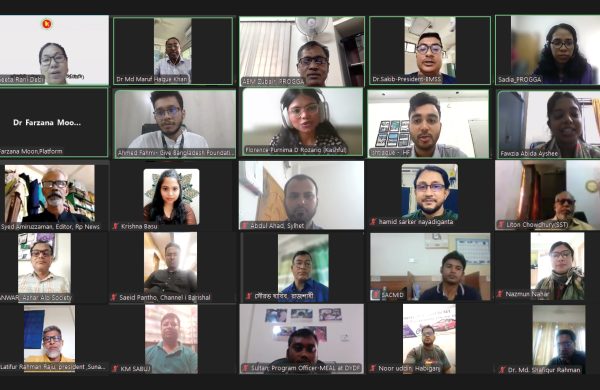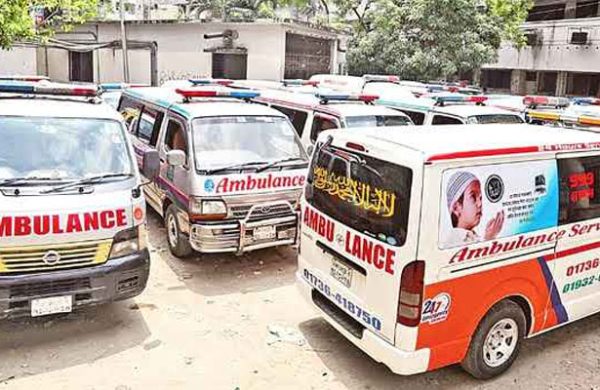First nationwide typhoid vaccination for 5 crore children kicks off in September
- Update Time : Saturday, August 9, 2025
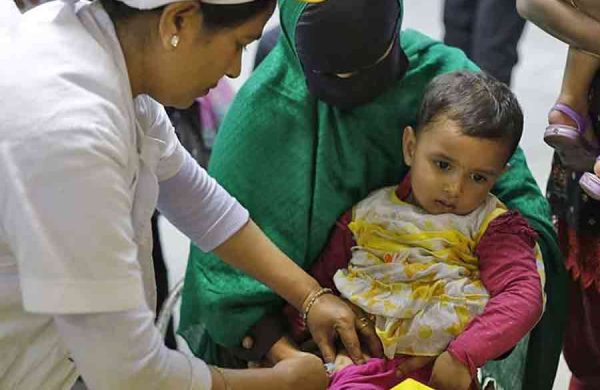
TDS Desk:
For the first time,the government will roll out nationwide typhoid vaccination under the Expanded Programme on Immunisation (EPI). Starting 1 September, nearly 5 crore children aged between 9 months and under 16 years will be eligible to receive the vaccine.
Registration for the vaccine began on 1 August via https://vaxepi.gov.bd/registration/tcv, requiring a 17-digit birth certificate number. After registration, recipients must download their vaccine card. Those registering with a birth registration card will receive the vaccine card directly.
EPI Programme Manager Abul Fazal Md Shahabuddin Khan that children without a birth registration card will also be able to get vaccinated. In such cases, parents’ mobile numbers can be used for registration, with vaccination details provided in written form. Eligible age: 9 months to 15 years, 11 months, and 29 days.
He said the vaccination will be rolled out in two phases. In the first phase, vaccines will be administered to school students through school-based camps during the first ten working days of September. After the school campaign concludes, children who missed the vaccine will be vaccinated at EPI vaccine centres over the following eight days.
The single-dose injectable vaccine will provide 3–7 years of protection. The vaccines have been supplied through the Gavi Vaccine Alliance.
According to the World Health Organisation, Typhoid fever is a systemic infection caused by Salmonella Typhi, usually through ingestion of contaminated food or water. The acute illness is characterised by prolonged fever, headache, nausea, loss of appetite, and constipation or sometimes diarrhoea. Symptoms are often non-specific and clinically indistinguishable from other febrile illnesses.
However, clinical severity varies, and severe cases may lead to serious complications or even death. It occurs predominantly in association with poor sanitation and lack of clean drinking water.
An estimated 9 million cases and 110,000 typhoid-related deaths occur annually worldwide.
Nothing to worry about the vaccine: Experts
Many parents are conflicted about whether to give their children the typhoid vaccine. Many are worried about possible side effects.
Ahsan Habib, a private-sector employee who is also in a dilemma on whether to vaccinate his three-year-old daughter this year, “This is the first time the typhoid vaccine will be given, so I am afraid. I am thinking of skipping this year’s campaign and vaccinating my daughter next year. That’s why I haven’t registered this year.”
Dr Nizam Uddin Ahmed, chair of the GAVI CSO Steering Committee, said that this is a 100% safe vaccine.
“There is no reason to be afraid of the typhoid vaccine. This vaccine is administered in many countries around the world. It has already been tested in Bangladesh,” he said.
He continued, “Before Covid-19, it was given to children under a pilot project in Tangail. After that, the government requested Gavi.
“Previously, it was available only for purchase in the private sector, but now the government will provide it free of charge to around 45 to 50 million children.”
Abul Fazal said that the typhoid vaccine has been available in the country for a long time. Previously, parents bought the vaccine privately to give to their children. This time, it will be provided free of charge by the government.
Like any medicine, side effects are possible with this vaccine as well, he said. “However, there are no major side effects of this vaccine. It is a safe vaccine.”
Three typhoid vaccines are currently recommended by WHO for control of endemic and epidemic typhoid fever. Among the available typhoid vaccines, TCV is preferred at all ages for routine programmatic use in view of its improved immunological properties, suitability for use in younger children and expected longer duration of protection.
WHO further recommends that all typhoid fever vaccination programmes should be implemented in the context of other efforts to control the disease, including health education, water quality and sanitation improvements, and training of health professionals in diagnosis and treatment.



